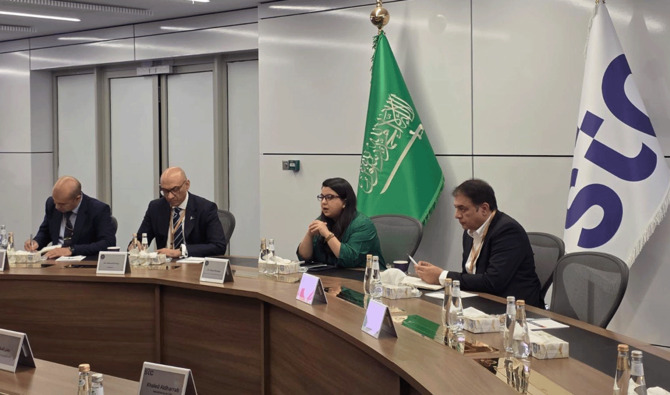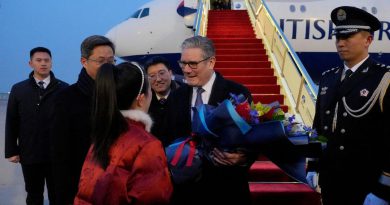Pakistan and Saudi Arabia Strengthen Digital Ties with Forward-Looking Collaboration
Islamabad – Pakistan and Saudi Arabia are forging a stronger digital partnership, exploring investment and innovation to accelerate regional connectivity and technological growth.
In a significant step toward enhancing technological cooperation, Pakistan and Saudi Arabia held high-level discussions this week focused on expanding collaboration in digital infrastructure and services.
Pakistan’s Information Technology Minister, Shaza Fatima Khawaja, met with senior officials from the Saudi Telecom Company (STC) in Riyadh to explore ways to deepen ties in the $3.8 billion Pakistani IT sector and leverage opportunities in the growing regional digital economy.
The meeting highlighted the two nations’ commitment to broadening their decades-long partnership, which has traditionally been anchored in trade, investment, and security. During Prime Minister Shehbaz Sharif’s visit to Riyadh last year, Pakistan and Saudi Arabia signed 34 memoranda of understanding worth $2.8 billion across multiple sectors, signaling a shared interest in promoting economic diversification and regional connectivity.
More recently, the two countries solidified their defense collaboration by entering a bilateral pact that treats aggression against one as an attack on both, underscoring mutual trust and strategic alignment.
At the heart of the recent discussions was the Connect Pakistan 2030 policy, a visionary five-year strategy aimed at accelerating the nation’s digital transformation. Minister Khawaja and STC representatives explored partnerships in fiber-optic networks, cloud computing, cybersecurity, and fintech, emphasizing Pakistan’s growing role as a hub for technological innovation in South Asia.
The country’s expanding IT export market and its 200 million mobile users were highlighted as promising avenues for investment, offering substantial opportunities for regional and international players.
STC, the largest telecom operator in Saudi Arabia and a pivotal component of the Gulf Cooperation Council’s digital infrastructure, plays a central role in Saudi Arabia’s Vision 2030 agenda.
Its collaboration with Pakistan is expected to strengthen the latter’s connectivity and digital services, including potential involvement in submarine cable projects and cross-border data corridors. Such initiatives would not only enhance bilateral trade and investment but also establish Pakistan as a regional transit hub, linking Gulf markets with South Asia and beyond.
The discussions also underscored mutual benefits in broader technology and infrastructure areas, including smart cities, cloud services, and cybersecurity frameworks.
Both sides emphasized that increased cooperation in digital infrastructure would support economic resilience, create new job opportunities, and position Pakistan and Saudi Arabia as leaders in regional technology adoption.
Beyond the technology sector, both nations are exploring opportunities in agriculture, education, and financial technology, reflecting a comprehensive approach to strengthening bilateral relations.
Pakistan’s food security minister noted that Prime Minister Sharif is expected to visit Saudi Arabia later this month, where key announcements on enhanced cooperation and joint projects are anticipated. This high-level engagement underscores the commitment of both governments to a long-term, mutually beneficial partnership.
Analysts and industry observers view the collaboration as a positive development for regional stability and economic growth. By combining Saudi Arabia’s investment capabilities and technological expertise with Pakistan’s emerging IT market and strategic location, the two countries are set to create a robust framework for innovation and cross-border digital services.
As Pakistan and Saudi Arabia continue to build on their historical ties, the recent focus on digital infrastructure demonstrates a forward-looking approach to regional cooperation. With initiatives spanning telecommunications, cybersecurity, fintech, and connectivity projects, both nations are not only strengthening bilateral relations but also positioning themselves as key players in the evolving global digital economy.



